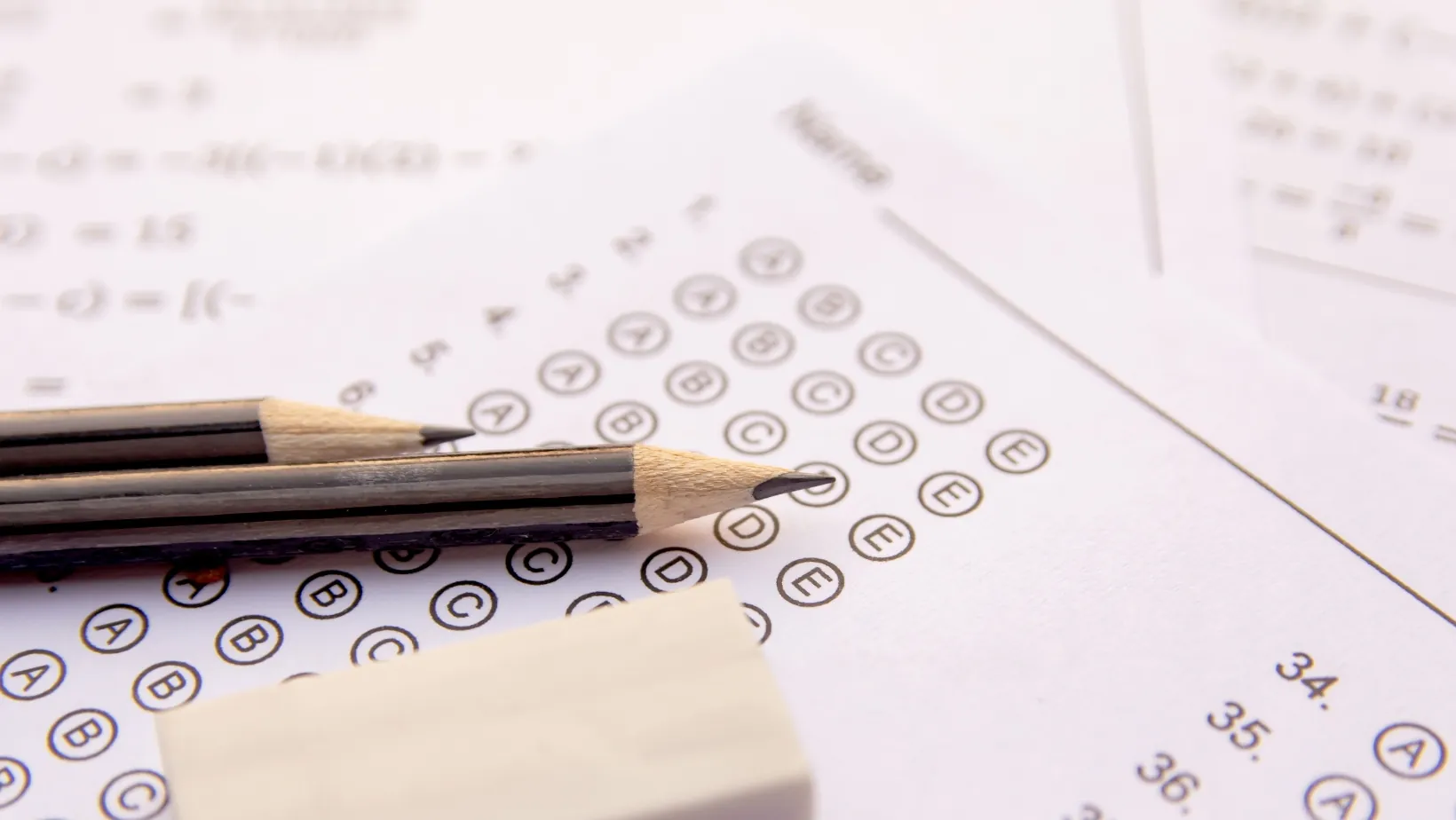Finding accurate and reliable alcohol exam answers can be a challenging task. As someone who has experienced the pressure of exams, I understand the importance of having access to correct information when studying for alcohol-related assessments. In this article, I’ll provide insights into how you can obtain trustworthy alcohol exam answers and enhance your chances of success.
When it comes to preparing for an alcohol exam, it’s crucial to rely on reputable sources. Look for study materials from recognized organizations or educational institutions that specialize in alcohol education. These resources often offer comprehensive guides, practice tests, and sample questions that align with the content covered in the exams.
Additionally, seeking guidance from instructors or professionals in the field can greatly contribute to your understanding of alcohol-related topics. They may have valuable insights and tips on what to focus on during your preparation. Utilizing these resources will not only help you grasp the necessary knowledge but also ensure that you are well-equipped to answer exam questions accurately.
Table of Contents
Alcohol Exam Answers
Key Concepts and Definitions
To excel in alcohol exams, it’s crucial to familiarize yourself with key concepts and definitions related to the topic:
- Blood Alcohol Concentration (BAC): BAC refers to the amount of alcohol present in a person’s bloodstream at any given time. It is typically measured as a percentage by volume.
- Standard Drink Units: Standard drink units help measure how much pure ethanol (the type of alcohol found in beverages) someone consumes within a specific period.
- Alcohol Metabolism: Understanding how our bodies metabolize alcohol plays a vital role in comprehending its effects on different individuals based on factors like age, weight, gender, and overall health.
- Alcohol Use Disorders (AUD): AUD refers to a range of conditions related to problematic alcohol use, including alcohol abuse and alcohol dependence. Understanding the criteria for diagnosis can be essential in analyzing case studies or answering questions related to treatment approaches.
Analyzing Case Studies in Alcohol Exams
Analyzing case studies is often a critical component of alcohol exams. These scenarios provide an opportunity to apply your knowledge and demonstrate your understanding of real-life situations involving alcohol consumption. Here’s how you can approach this type of question:
- Read the case study carefully: Start by thoroughly reading the case study, paying attention to relevant details such as the individual’s drinking patterns, behavior, and any associated physical or psychological consequences.
- Identify key issues: Identify the main issues or problems highlighted in the case study that relate to alcohol consumption. This could include signs of addiction, potential health risks, social implications, or legal consequences.
- Apply your knowledge: Utilize your understanding of key concepts and definitions related to alcohol studies to analyze the situation presented in the case study critically. Consider factors such as BAC levels, metabolism rates, long-term effects, and possible treatment options.
- Provide evidence-based recommendations: Based on your analysis and understanding of the subject matter, provide recommendations for intervention or treatment strategies that are supported by scientific evidence and best practices in addressing alcohol-related issues.
Common Questions about Alcohol Exams
As an expert in the field, I’ll address some common questions you may have about alcohol exams and provide you with accurate and helpful answers. Let’s dive right in!
- What are alcohol exam answers?
Alcohol exam answers refer to the responses provided during an examination that assesses knowledge and understanding of alcohol-related topics. These exams typically cover areas such as the effects of alcohol on the body, responsible drinking guidelines, laws regarding underage drinking, and strategies for preventing alcohol-related harm.
- Where can I find reliable alcohol exam answers?
Reliable sources for finding alcohol exam answers include reputable educational websites, online courses or modules specifically designed for alcohol education, textbooks on the subject, and official resources provided by recognized organizations focused on promoting responsible drinking.

- Are there any specific study materials for preparing for alcohol exams?
Yes! Many organizations offer study materials specifically tailored to help individuals prepare for alcohol exams. These resources often include practice quizzes, interactive modules, informative videos, and downloadable guides covering various aspects related to alcohol consumption.
- How can I ensure accurate and up-to-date information when studying for an alcohol exam?
To ensure accuracy and stay updated with current information regarding alcohol-related topics, it is essential to consult reputable sources such as scientific studies published in peer-reviewed journals or official publications from government agencies specializing in public health or substance abuse prevention.
Absolutely! Many online platforms offer practice tests with sample questions similar to those found in actual exams. These practice tests can help familiarize you with the format, assess your knowledge gaps, and improve your overall performance when it comes time to take the real alcohol exam.
In conclusion, familiarize yourself with reliable study materials, consult reputable sources for accurate information, practice with sample questions, and approach alcohol exams as an opportunity for personal growth and education. Cheers to a successful examination experience!
Vanita, the Editor and Learning Advocate at Faspe, emerges as a relentless champion for the joy of learning. With a keen understanding of the ever-evolving educational landscape, she dedicates herself to sourcing materials that ignite curiosity and foster growth. Vanita’s remarkable talent for pinpointing resources that resonate with students, coupled with her commitment to guiding parents through the educational odyssey, establishes her as an indispensable asset in the pursuit of enriching education.

